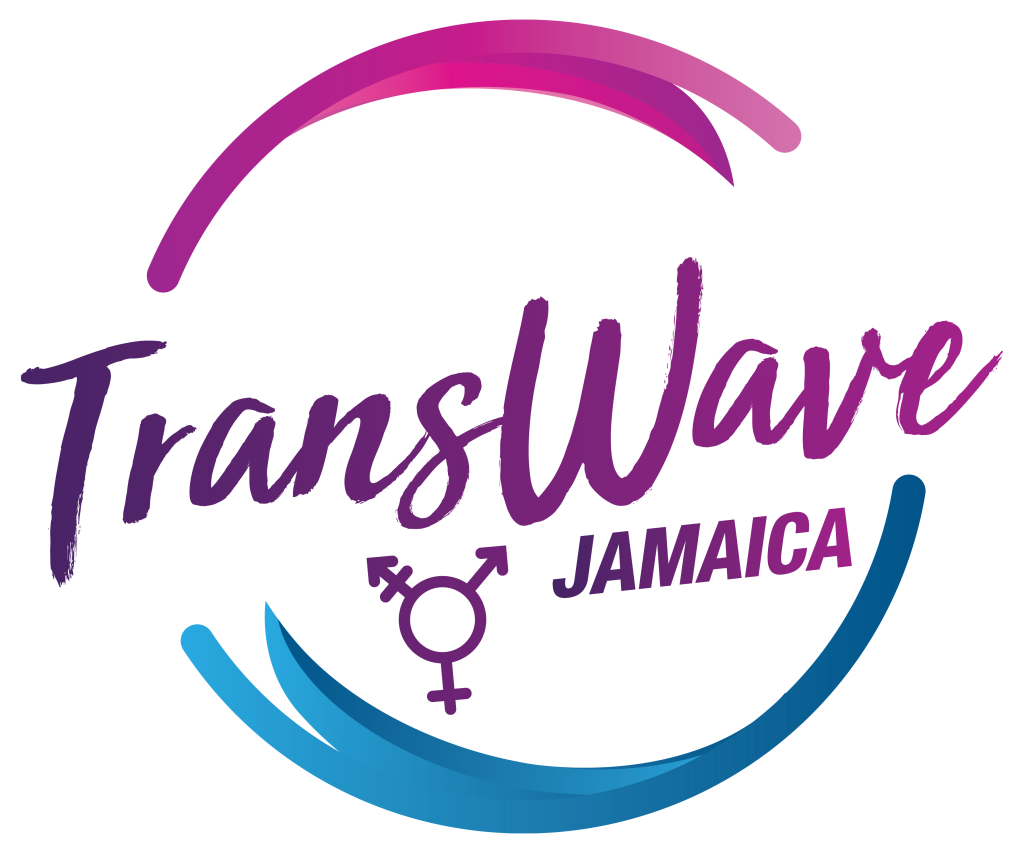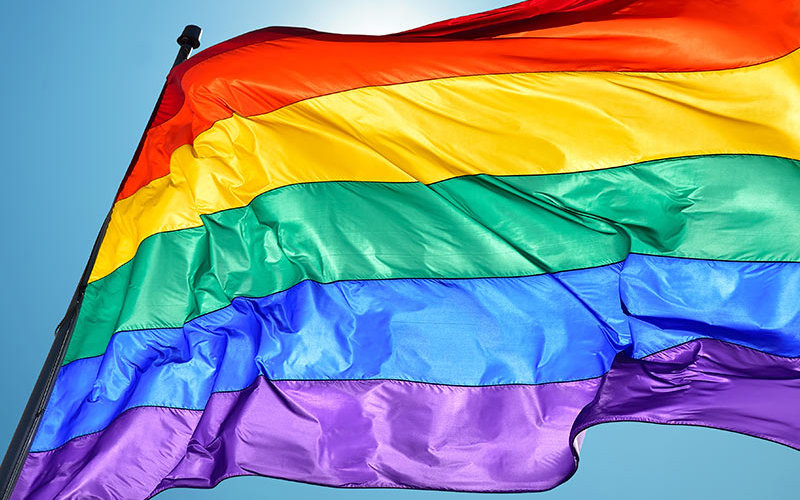Dear Editor,
Over the past decade, the visibility of the LGBT community has increased.
With the proliferation of chosen families and the work of human rights advocacy organisations, like TransWave Jamaica and Equality for All Foundation (EFAF), it is safe to say that we have come a long way; however, there is still much more that needs to be done to champion the change we so desire.
Contextually, of all marginalised groups, transgender people have been known to be one of the most disproportionately affected due to the sheer influence of discrimination and transphobia perpetuated in our society and meted out by the transphobic/homophobic tradition in which our culture is embedded.
Outside of the USA, very little data exist about the trans community, particularly within the Caribbean, with Jamaica being no different. To date, transgender Jamaicans are not legally recognised or included in national polls or surveys. The lone exception is the extremely few research and statistics that have been produced, in part, by civil society organisations, although it must be highlighted that these have mainly concentrated on HIV and health, with less attention paid to the community’s more extensive needs. While there is no worldwide data on the trans community, several countries have made great efforts to ensure that their trans citizens feel comfortable and are recognised in law and policy as the gender with which they identify.
Through protective laws and inclusive public policy, countries like Argentina, Denmark, and Malta have taken action to guarantee the equal rights and freedoms of all people regardless of gender identity or sexual orientation.

